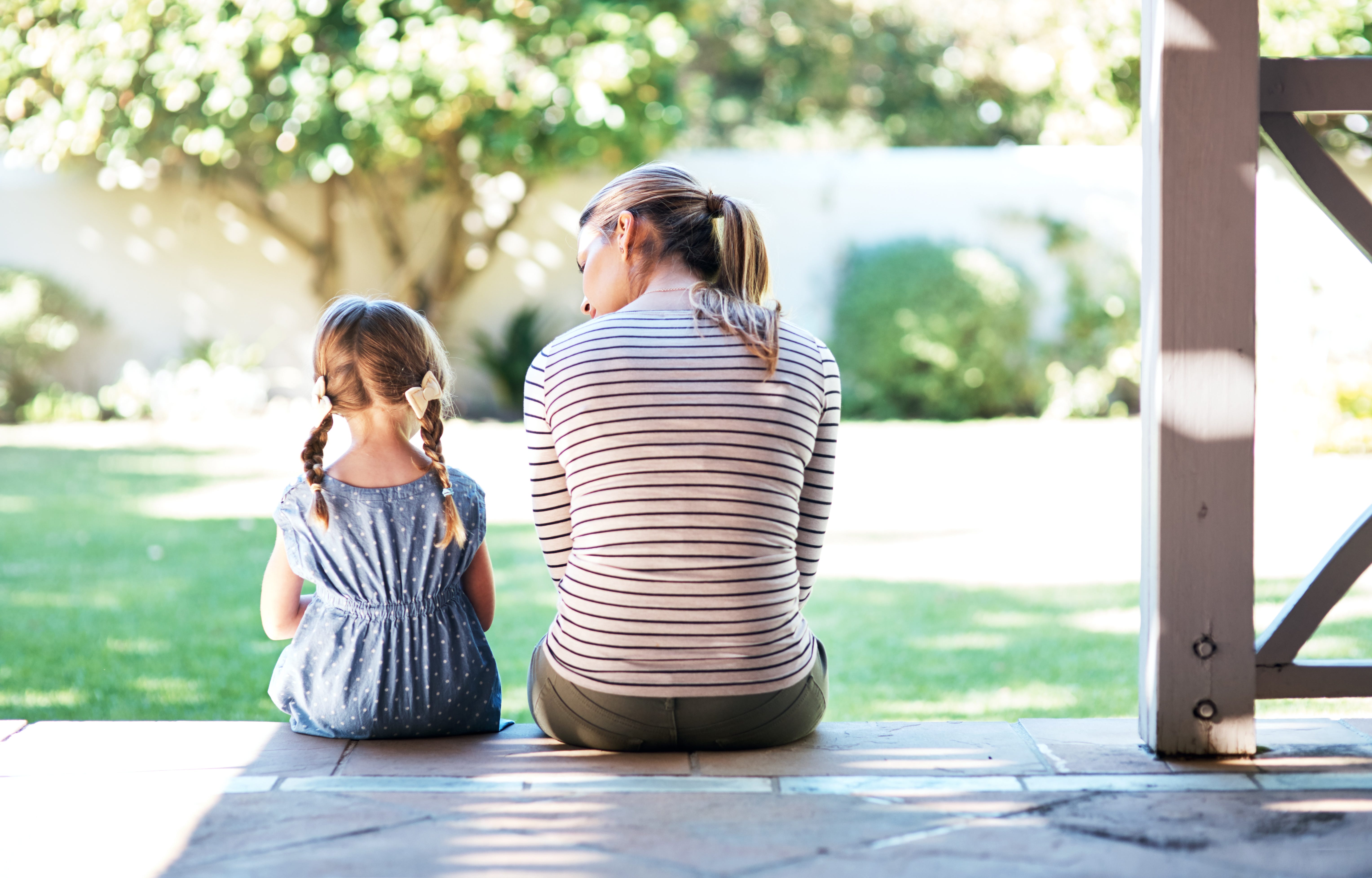
shapecharge/Getty Images
Recently, I had to tell my kids that their grandfather died after a long illness. Though they understood he was sick, I found myself struggling with how to relay the news to them.
I didn’t know what to say about death and how to bring it up. I was so concerned with trying to protect them from something painful that I hid from them that their grandfather had died. Now looking back, I question if that was the right choice.
I worried about the timing of sharing bad news
My middle-school-age son is a very sensitive and emotional kid who feels things deeply. He was close to his grandfather, and I was particularly anxious about how he would react. Because I was afraid to upset him, I tried to find the “correct” time to tell him the bad news.
The day I should’ve told him that his grandfather died, he was studying for a big test. My husband and I agreed we would tell him the following day. However, the next day after school, my son had practice and homework, and suddenly, it felt too late in the evening to sit him down and share what had happened. Who wants to upset somebody right before they’re going to bed? So, we waited yet another day.
After a couple of days had passed, it was no longer feasible to continue to hide the news. But still, I couldn’t seem to find the right moment to talk to my son. He had an evening activity to attend, and after recognizing we just needed to pull the bandaid off, so to speak, we told him his grandfather had died right before he left. After everything I had done to find a good time, it turned out there was none.
I also kept the truth from my 7-year-old daughter. We didn’t tell her until we had to get ready to go to the funeral. While I figured she wouldn’t register much due to her age, she was immediately upset that I hadn’t said anything. She rightfully asked, “Why didn’t you tell me sooner?”
I thought I could make it easier on them
I had put a lot of mental effort into trying to time bad news in a way that would cause the least amount of upheaval to my children’s day. In the end, I realized it was more of a reflection of my own anxiety than how my children would actually process upsetting information. As a parent, I want nothing more than to protect my kids from feeling any sort of pain. But I was so worried about causing distress that I hadn’t considered how resilient kids can be.
It was nothing like what I had assumed would happen when my son processed the news. While he was surprised and upset, he handled things better than I anticipated. And though he didn’t question the timing of when we told him, I realized it would have likely made no difference in his reaction if we had told him from the beginning instead of hiding it from him. There was also nothing gained by keeping the news from my daughter. If I had told her sooner, she wouldn’t have felt angry that a secret had been kept from her.
I had to put my fears of upsetting my kids aside
The reality is that it’s inevitable that sometimes in life, very sad things happen. I had put my fears of distressing my kids above what they could actually handle, and in the meantime, overcomplicated things for myself way more than I needed to.
Losing a grandparent is a universal experience, and I see now that it’s OK for kids to explore feelings of loss and how to cope. Going forward, I don’t want how I shared upsetting news this time to set the stage for future serious discussions. Yes, bad news can come at unexpected or inconvenient times. And it’s ok for kids to understand that.
The post I didn’t tell my kids their grandfather had died. I learned that I can’t keep them from reality. appeared first on Business Insider.




